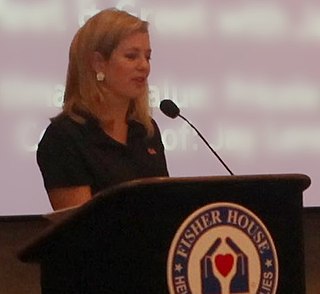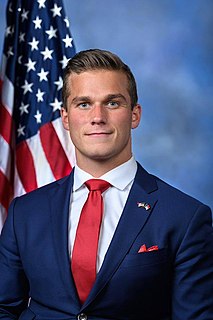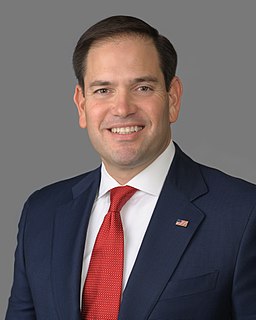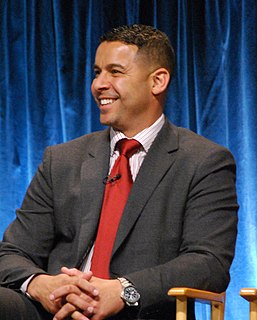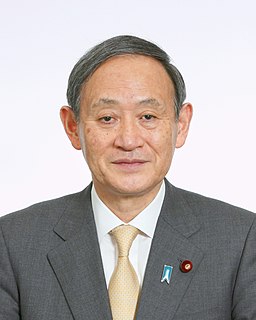A Quote by Brianna Keilar
Military families are increasingly living away from military bases, embedded in civilian neighborhoods. It gives military families and civilians the opportunity for greater exposure to one another, yet many feel lonely and isolated.
Related Quotes
Yes and no. Because America has only about 1 percent of the population serving in the military, it is hard for many civilians to understand the sacrifices military families make. However, my experience is that after the Vietnam War, the public learned that they should support the military whether or not they support the war. You've seen that outpouring of support for the veterans of both Iraq and Afghanistan.
These are things that we hear from military families everywhere we go. But it - on PTSD, the thing that I want to make sure people understand is that the vast majority of veterans and military families aren't dealing with any kind of mental health. But there are - these are what are called the invisible wounds of this war. And many times they don't present.
On Veterans Day, the country honors those in uniform and the sacrifices they have made across the globe. But as a military spouse who reports on the issues facing military families, I've learned that one of the biggest challenges is when a service member transitions out of the armed forces and into the civilian workforce.
What is and isn't justified by military necessity is, naturally, open to interpretation. One of the key concepts, though, is the law of proportionality. A military attack that results in civilian casualties - 'collateral damage' - is acceptable as long as the military benefits outweigh the price that is paid by humanity.
